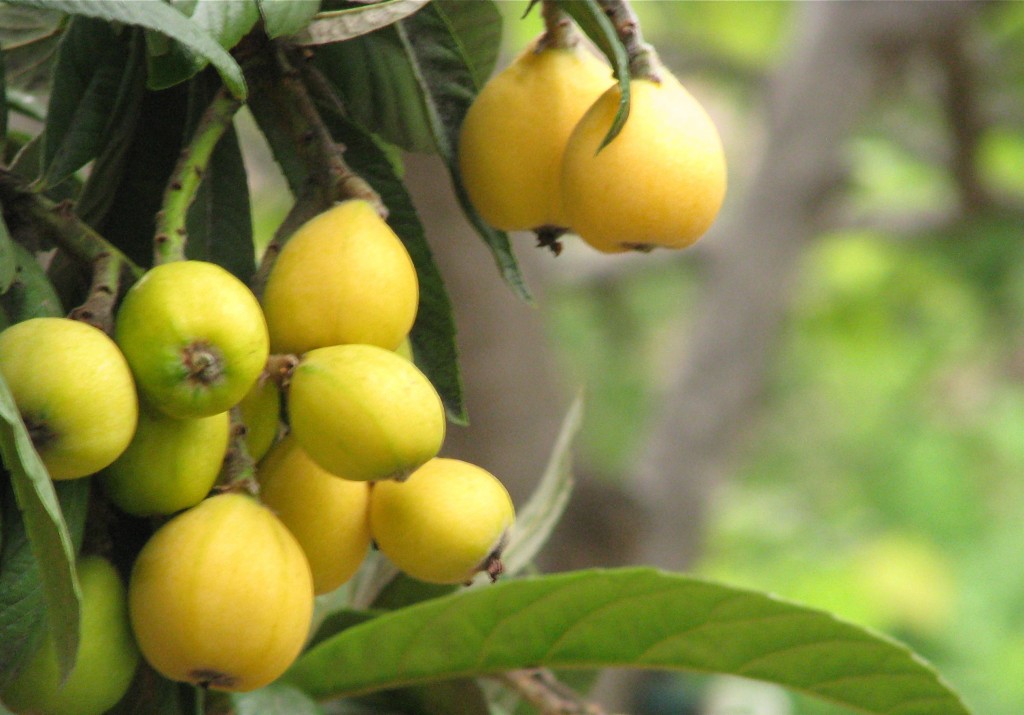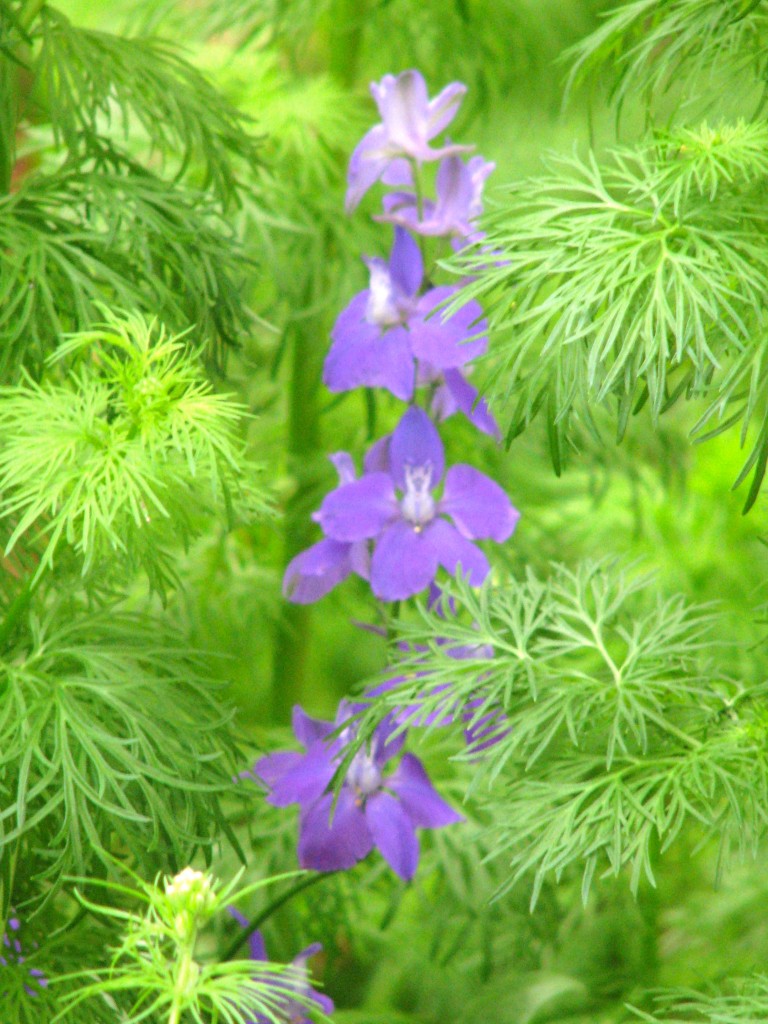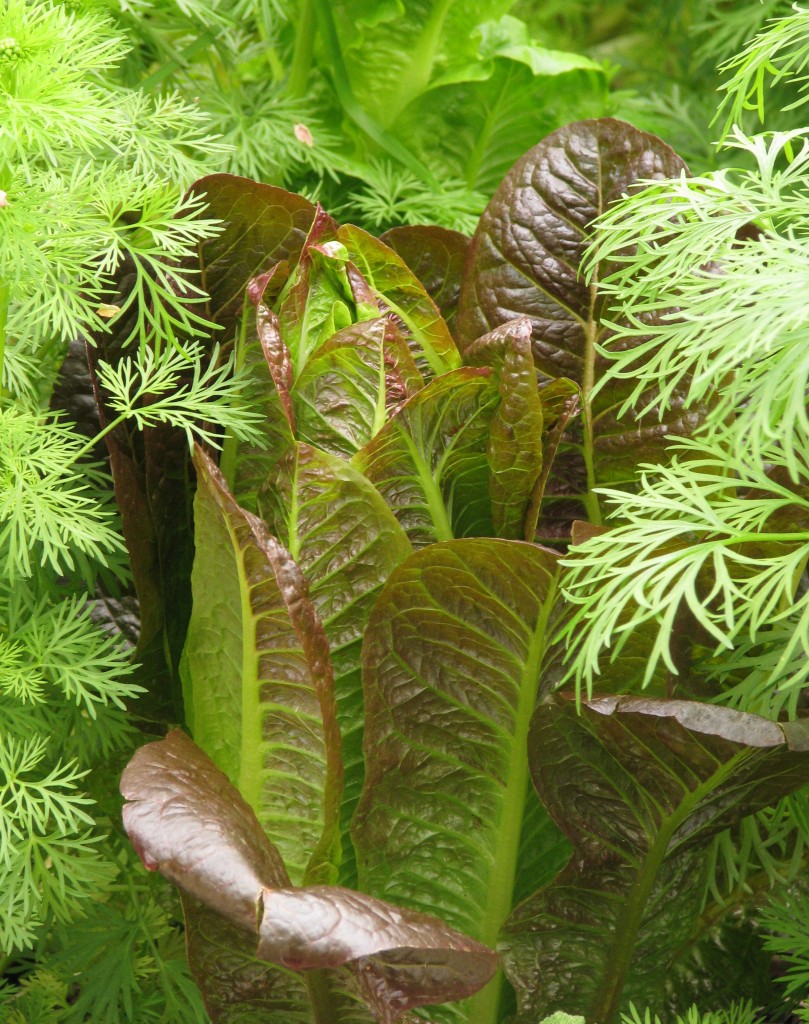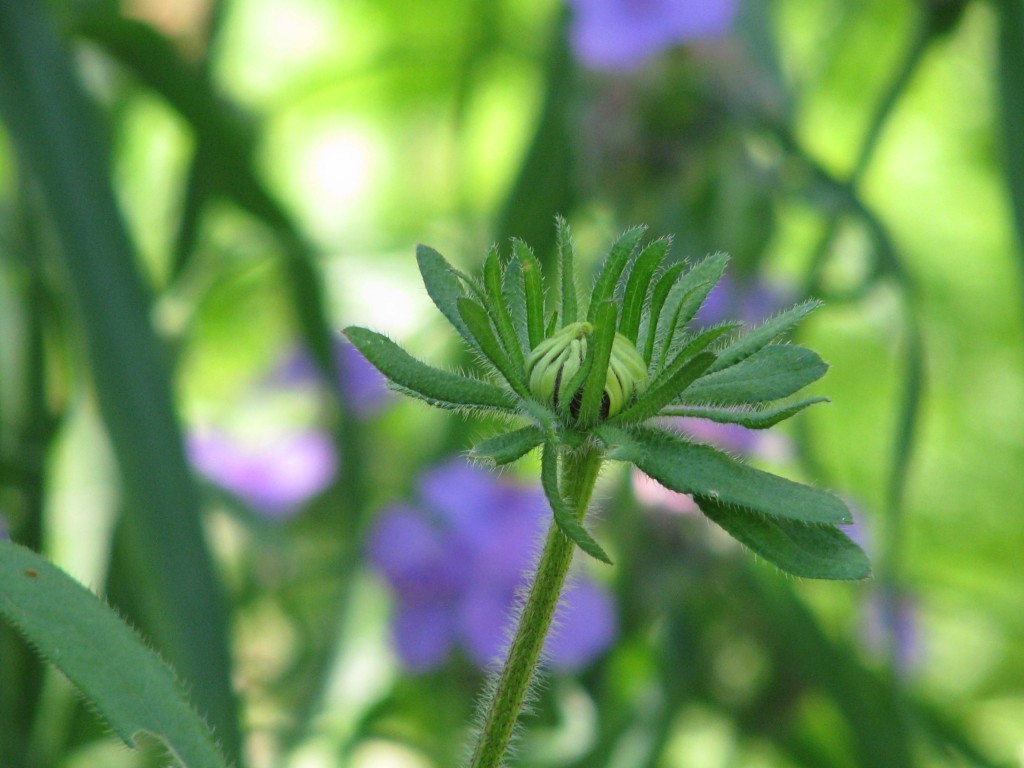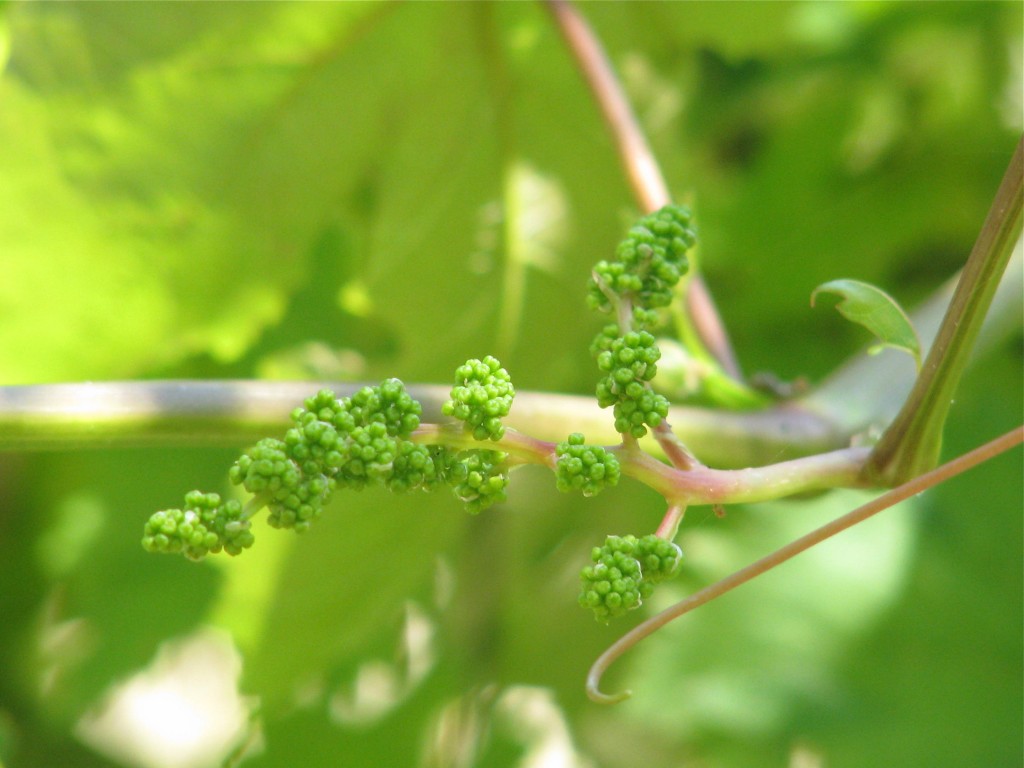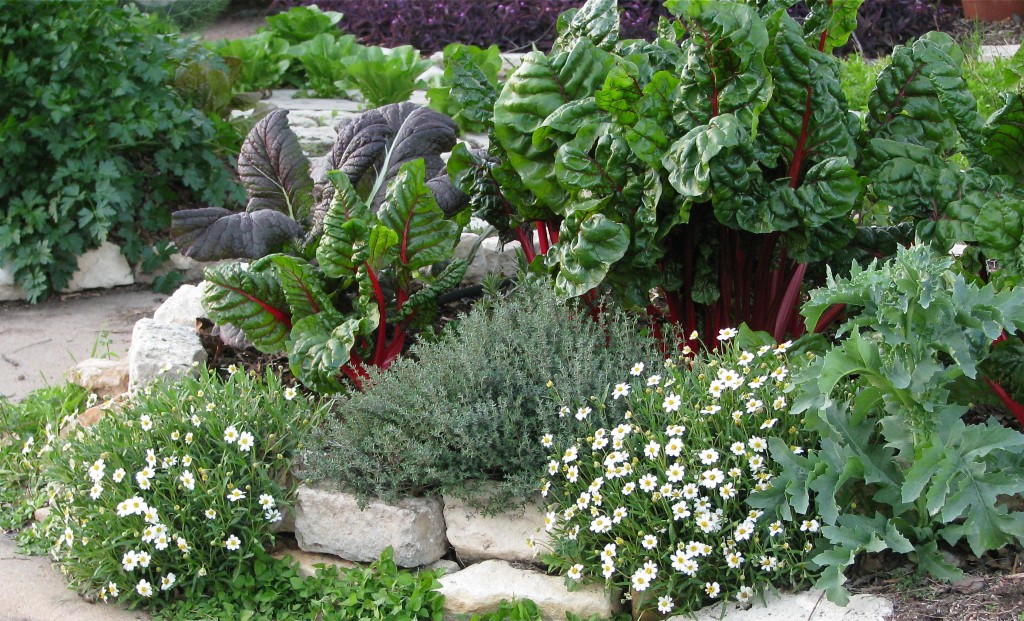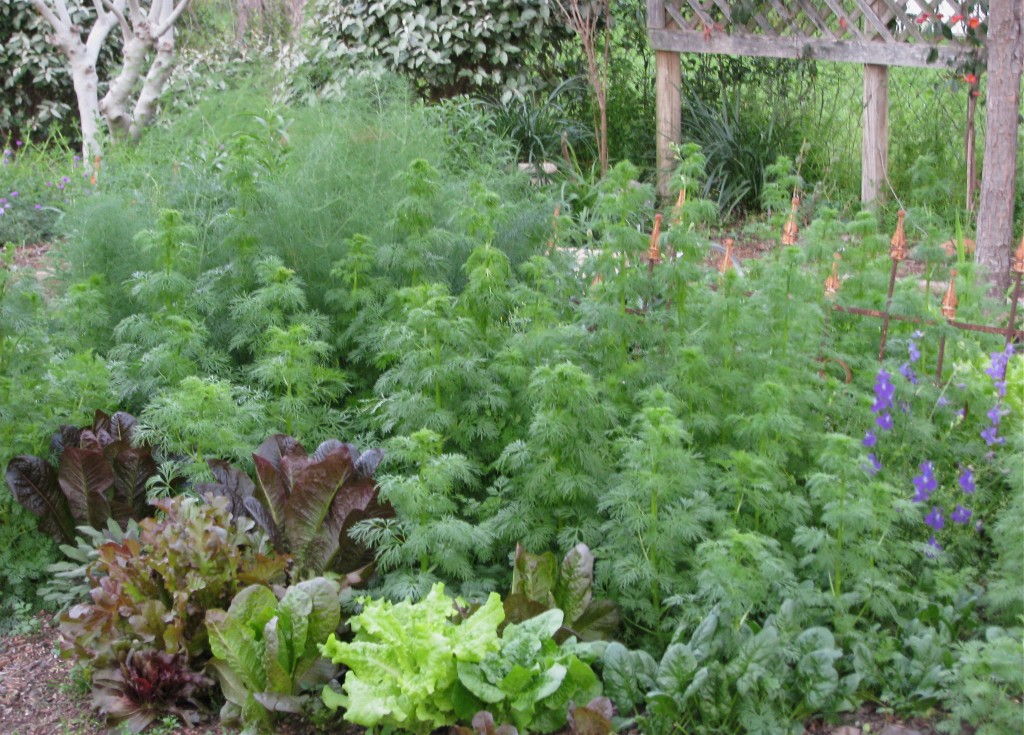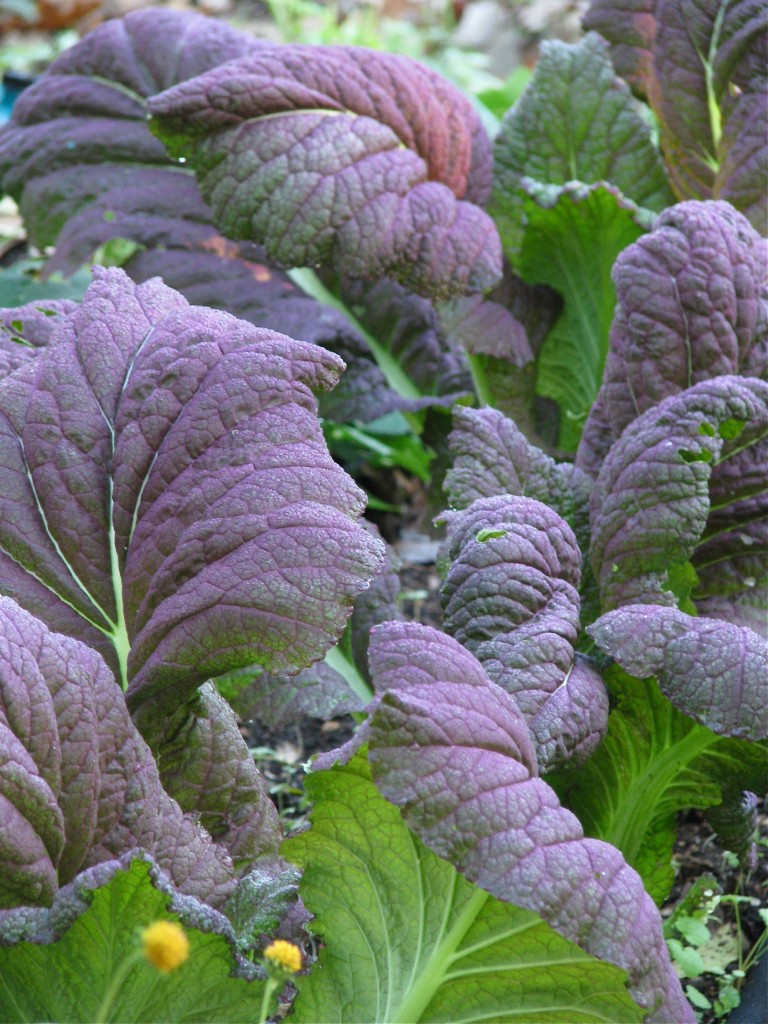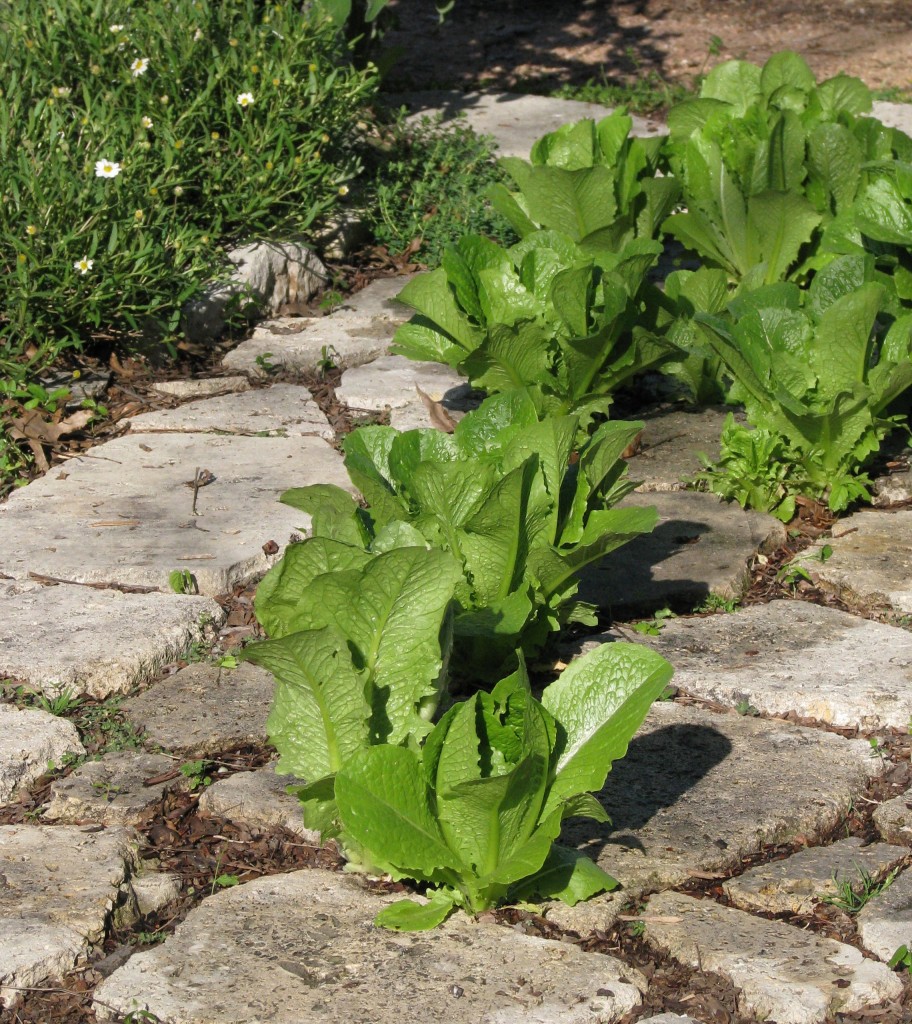They’re beautiful and they’re edible. They attract pollinators, they bloom in the shade, and they seem immune to pests and diseases. They’re also adaptable to most soil types and rainfall averages.
But best of all? Texas spiderworts pop up and do their thing every Spring without a bit of help from me.
And yes, I know, Texas bluebonnets do that too, but mostly along the highways. Bluebonnets, which seem to prefer gravelly, poor soil, haven’t adapted well to my Blackland Prairie clay soil. I once tried planting a few in an old caliche driveway, but they didn’t like that either and disappeared after one season.
I don’t think my spiderworts will ever disappear. They don’t seem bothered by anything, no matter how painful: Summer heat (they simply go dormant and come back later when it’s cooler). Drought (somehow they manage to bloom a little even during a dry spring). Seasonally soggy heavy soil (are they wearing little Wellies on their root tips?)
And one more thing: Bluebonnets don’t need any more attention than they’re already getting. Think about that the next time you’re dragging your kids or your dogs around town looking for a photogenic patch of bluebonnets. One that hasn’t been tromped flat by hundreds of other baby- or puppy-toting photographers before you.
Spiderworts need love too.
A final note: Although spiderworts are edible and nutritious, I consider them “emergency backup food.” In other words, they’re far from my first choice when I go foraging in the backyard for something to eat.
The bees in my neighborhood are of a different mind. This morning they were dancing and dipping and diving all around my backyard spiderwort patch. They couldn’t seem to get enough.
So I guess it’s a good thing I’m not terribly fond of the taste of spiderworts.
(Photos are by Renee Studebaker. Do not use without permission.)
For more about the half dozen or so varieties of tradescantia (commonly known as spiderworts) that grow in our area, visit the Native Plant Society of Texas and Lady Bird Johnson Wildflower Center.





